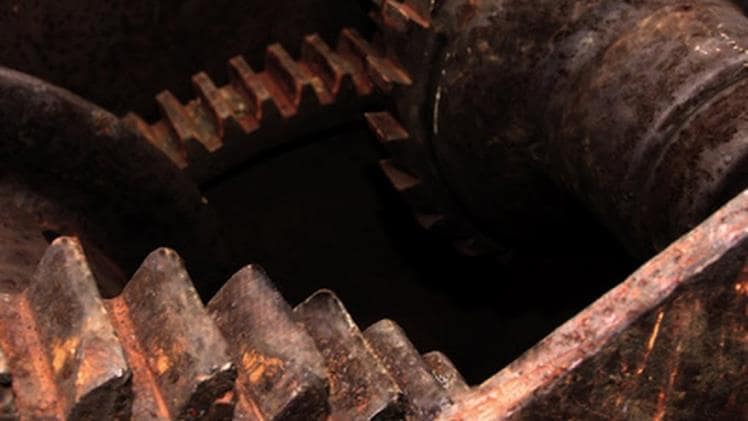There are several advantages of using a hydraulic system over a pneumatic one. Unlike air circuits, the hydraulic systems do not produce sparks and are therefore more safe for use in a variety of environments. They also tend to be quieter, which is another advantage. Both types of systems require a power unit to operate and are usually less expensive to start up and maintain than their air counterparts. Here are a few of the most common benefits of hydraulic systems over pneumatic ones:
In terms of safety, pneumatic systems are the safer choice. The air used for hydraulic systems is cleaned by a filtration unit before it is released, whereas in a pneumatic system, atmospheric air is used. This type of system is preferred by many environmentally conscious businesses and manufacturers who follow green manufacturing practices. In pharmaceutical laboratories, food and beverage manufacturing facilities, and other environments where contamination is a concern, pneumatic systems are preferred.
One of the most notable benefits of a hydraulic system is its low maintenance costs. Unlike the pneumatic system, it is relatively safe to operate in hot environments, and can be used over long distances. A hydraulic system can also be easily spotted in case of leaks. It also has centralized lubrication systems. It can transmit large amounts of power through thin, flexible hoses. In addition to being safer, hydraulic systems do not cause sparks and are suitable for use in chemical facilities. Besides, hydraulic systems can be used in high temperatures and can maintain fluid viscosity without affecting the safety of the machinery.

